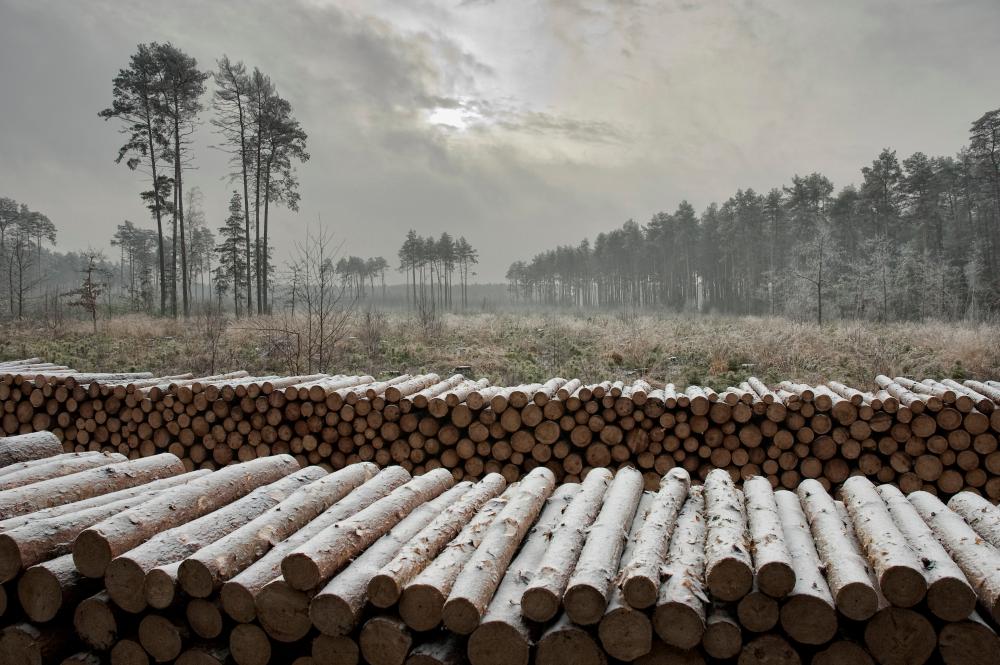 Asset Publisher
Asset Publisher
Sale conditions
Sale conditions of wood are specified by the regulation of Director – General of the Sate Forests.
Within the framework of the individual sale , the foresters try to meet the fast growing demand, because more and more people use wood in order to heat their houses. Contrary to general opinion, these are not only village people, even though they prevail among recipients. The growth of firewood demand is the result of occurrence of new housing estates built in the suburbs of large agglomerations, where houses are usually equipped in fireplace heating installations.
Firewood is not only the most ecological heat source, but also is much more attractive in respect of relation of price and electric efficiency, rather than cola, oil, gas or electric power.
In recent years, the Sate Forests increased the sale of firewood of one third – up to over 4 million cubic meters annually. Firewood is not only the most ecological heat source, but also is much more attractive in respect of relation of price and electric efficiency, rather than cola, oil, gas or electric power. Some of customers choose already prepared and cut into pieces wood, the others very willingly obtain it by themselves after arranging all details and fulfilling particular safety conditions, and after paying the fee; that concerns mainly so called "thinnings". Such a raw material is very cheap, that is why many people from village areas profit from such possibility.
 Asset Publisher
Asset Publisher
 Asset Publisher
Asset Publisher
Lasy niepaństwowe
Lasy niepaństwowe
Lasy prywatne stanowią ok. 17 proc. lasów w Polsce. Ponad 70 proc. starostw powierza prowadzenie nadzoru nad gospodarką leśną w lasach prywatnych leśnikom z Lasów Państwowych.
Zgodnie z przepisami ustawy o lasach Lasy Państwowe zobowiązane są służyć radą i pomocą prywatnym właścicielom lasów w prowadzeniu gospodarki leśnej. Leśnicy w ramach tych działań:
- doradzają prywatnym właścicielom, jak prowadzić gospodarkę leśną;
- udostępniają sadzonki drzew i krzewów leśnych;
- wykonują na koszt nadleśnictw zabiegi zwalczające i ochronne w lasach prywatnych, jeśli wystąpią tam organizmy szkodliwe, zagrażające trwałości lasu;
- organizują wykonanie zadań gospodarczych w lesie (w tym sprzedaż drewna), na podstawie umowy z właścicielem lasu;
- sporządzają wielkoobszarowe inwentaryzacje stanu lasów oraz prowadzą bank danych o lasach.
Od poniedziałku do piątku w godz. 7.15 do 9.00 pod numerem telefonu 774212011 wew.* 334 można uzyskać telefonicznie wszelkie informacje dotyczące lasów niepaństwowych udzielane przez Specjalistę Służby Leśnej Barbarę Kręcisz.







